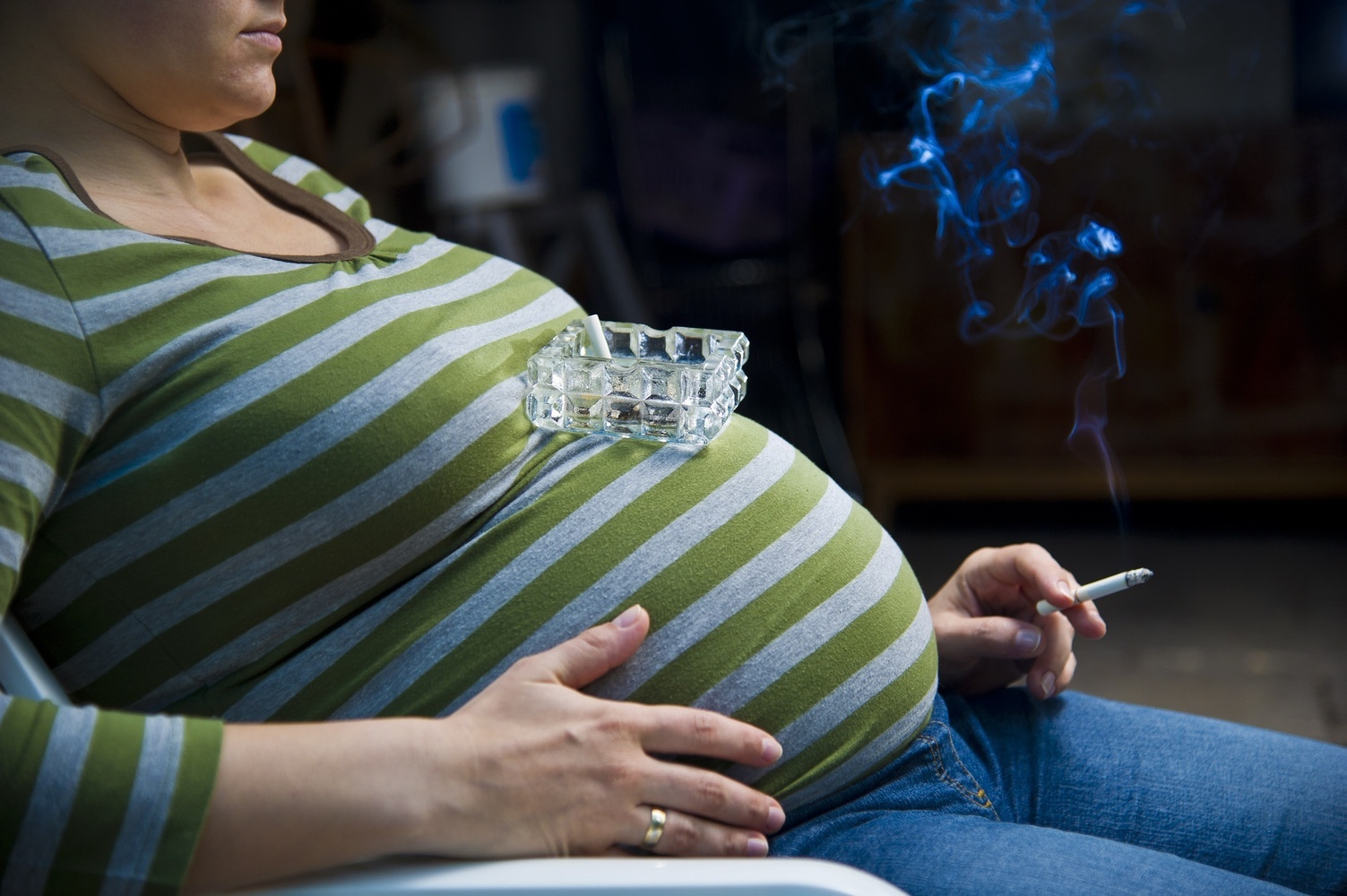Risks and Consequences of Smoking During Pregnancy
Smoking during pregnancy introduces toxic chemicals that significantly increase the risk of miscarriage, preterm birth, placental complications, ectopic pregnancy, and birth defects. Quitting smoking is crucial to safeguard both maternal and fetal health, reducing life-threatening risks and promoting healthier development.
Sponsored

Health Risks of Smoking While Expecting
Smoking and pregnancy are rarely discussed together, yet smoking during pregnancy poses serious dangers for both mother and baby. Cigarettes contain harmful chemicals like nicotine, tar, and carbon monoxide that elevate the risk of complications. These risks can sometimes be life-threatening and can affect fetal development. Quitting smoking should be a top priority for women planning to conceive, as it also impacts fertility.
Smoking affects fetal health even in early pregnancy stages. Both male and female smokers face doubled fertility issues compared to nonsmokers. Additionally, secondhand smoke is equally dangerous during pregnancy.
Increased Risk of Miscarriage and Stillbirth
Unexpected pregnancy loss, whether in early stages or after 20 weeks, is heartbreaking. Smoking amplifies this risk, mainly due to chemical toxicity that harms the placenta and fetal growth. These factors can lead to miscarriage or stillbirth, posing severe risks to both mother and child.
Placental Abruption Risks
The placenta delivers oxygen and nutrients to the fetus. Smoking raises the likelihood of placental abruption, where the placenta detaches prematurely, causing heavy bleeding and threatening both lives. Immediate medical attention can improve outcomes, but treatment options to reattach the placenta are unavailable.
Preterm Birth Dangers
Smoking increases chances of preterm labor, leading to early birth. Preterm infants often face health issues like developmental delays, sensory impairments, and lifelong disabilities. Quitting smoking can significantly reduce this risk.
Ectopic Pregnancy Concerns
Nicotine causes fallopian tube contractions, which can block embryo passage. This may result in ectopic pregnancy, where the fertilized egg implants outside the uterus—requiring prompt medical intervention to prevent serious health threats.
Birth Defects and Congenital Issues
The likelihood of birth defects rises with maternal smoking. Common problems include congenital heart defects, cleft lip, and cleft palate. Despite awareness of these dangers, many women struggle to quit but should seek professional help or support groups to stop smoking before conception.





